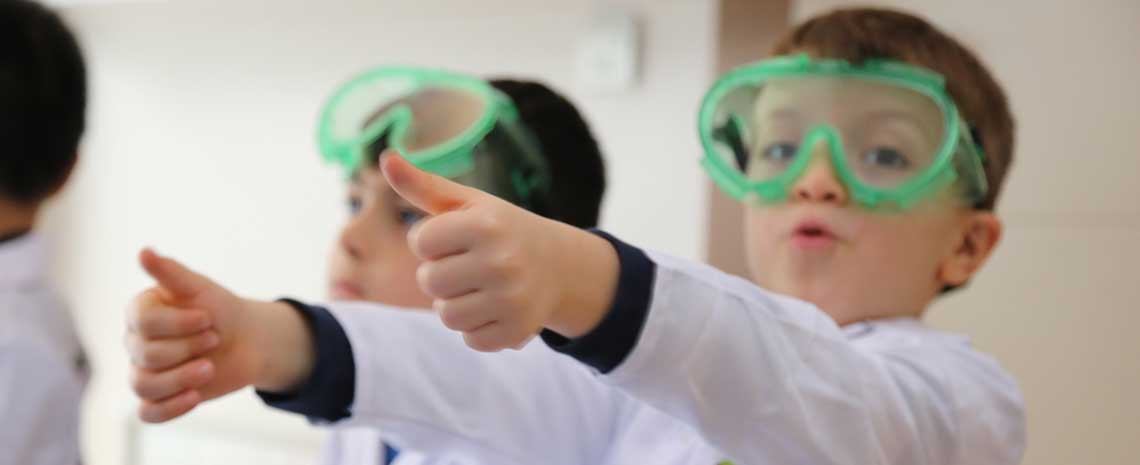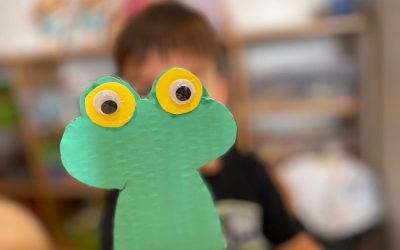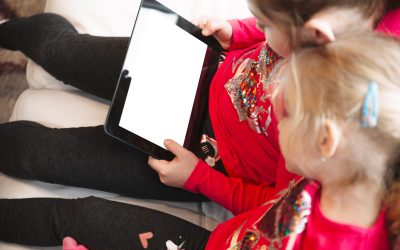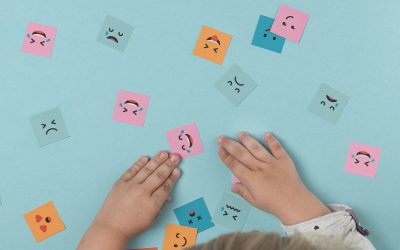Seminar was presented by clinical psychologist Emine Özçivici Ayhan, also founder of Uniq Psychology. Key questions to answer were and each topic was addressed with the recommendations of Ms. Ayhan.
- What is EQ, how do humans benefit from EQ?
- Why is EQ receiving more attention lately?
- Is EQ expandable? Which skills can children develop to increase EQ?
- Which skills make difference and at what age?
Starting with key definitions… Emotional Intelligence is the capability to keep the balance between our mind and emotions.
Short answer to big question is “Yes, a child’s EQ is expandable”. Largest contribution to EQ comes from developing sense of responsibility and learning to take initiative. These are partially inherited traits however their development largely depends on the family environment the child is born into and also on other environmental factors. As such, parents and other caregivers to our children assume a significant role here.
The very first responsibility that children assume is personal care. They learn about sequencing as they practice their personal care routine. Meanwhile their efforts to overcome the issues they face develop their ability to take initiatives. Below is a list of some personal care skills and their expected age of acquisition:
- Eating by herself (2-3 years)
- Drinking water from the glass
- Dress and undress (trousers, pullover, tshirt etc)
- Personal hygiene
- Assume responsibility with house keeping
- Wash and dry face and hands
- Brush teeth
- Potty training (2-3 years)
Once children start doing these by themselves they discover their own strength and build confidence. Parents role here is merely encouraging them to try new things, recognize the progress being made and praise in a balanced manner. It is worth noting that exaggerated celebrations might lead into ego boost rather than self-confidence.
There are three more fundamental life skills that support the development of EQ.
- Communication skills,
- Problem solving skills and
- Being able to handle stress.
Psychologist Emine Özçivici Ayhan suggested practical tips to develop each of these at young children:
Communication involves thinking, sight, talk and listening. Cognitive skills improve with matching pictures and words, sequencing with story cards, talking about flash cards and drama games. Sight improves with sorting activities, building blocks with same colors, memory games and talking about interesting things seen in the past.
Being a role model is the best way parents can teach listening to children. Your child would associate her self-worth with how attentive you are to her while she is talking to you. Active listening of a parent improves a child’s self-worth, sense of empathy, discover own feelings and provide relaxation as well as comfort for dealing with negative feelings.
When it comes to problem solving, letting your children deal with their problems seems to be the best method to develop the skill. Based on her clinical experience Ms Emine suggests that parents are usually eager to solve their children’s problems on behalf of them, which restricts the problem-solving capability of the child. Instead, parents can help children solve their problems by showing them how to define the problem, explain there could be alternative solutions and agree on the ideal one.
Finally, our children might feel stressed, too. Again, being a good role model plays an important role for your children’s effective dealing with stress. Our children would adapt our methods and behavior that we show when we are stressed. For example, how do you react to it when you are late due to traffic? Do you try to make it fun to be in the car with your child or do you curse the traffic jam and throw up your anxiety to people around you, including your children? Introducing rituals would such as breathing, walking barefoot on the ground would help you and support your child’s stress management.
Let us always remember that social skills are the foundations of emotional intelligence and these skills are best acquired in the family by modelling from the parents. High emotional intelligence leads into being able to dance with life, accept what it might bring, learn from experiences, develop new solutions and adapt to new circumstances.




